HR Audits: Everything You Need to Get Started
Whether you’re a seasoned HR professional or just stepping into the realm of people management, understanding the ins and outs of HR audits is crucial. Let’s embark on a journey to uncover the key facts, the what, when, why, types, and the art of data analysis in HR audits.
HR Audits: Key Facts
- HR audits are a crucial tool for organizations to ensure compliance with legal and regulatory requirements.
- They help identify and mitigate risks associated with HR practices and policies.
- Effective HR audits can enhance employee morale, engagement, and productivity.
- Regular HR audits are essential for maintaining a healthy and compliant work environment.
What is an HR Audit?
An HR audit is a thorough evaluation of an organization’s human resources practises, policies, and procedures to determine their effectiveness, compliance, and alignment with overall business goals. It entails a thorough assessment of HR documentation, data analysis, and key staff interviews to identify any potential hazards, gaps, or opportunities for improvement. An HR audit’s major purpose is to ensure that the organization’s HR practises are in accordance with existing laws and regulations, aligned with its strategic goals, and contributing to the overall performance of the business.
When Do You Need to Conduct an HR Audit
The timing for an HR audit can vary, but some common triggers include:
- After significant changes in the organization’s structure, leadership, or industry regulations.
- In response to specific concerns or complaints related to HR practices.
- As part of a regular risk assessment or compliance review process.
- When preparing for an acquisition or merger.
- When seeking to enhance HR efficiency and effectiveness.
HR audits offer numerous benefits for organizations, including:
- Legal and Regulatory Compliance: Ensuring adherence to employment laws, labour regulations, and data privacy standards.
- Risk Mitigation: Identifying and addressing potential HR-related risks that could lead to legal disputes, fines, or reputational damage.
- Enhanced HR Efficiency: Streamlining HR processes, reducing redundancies, and improving overall HR function.
- Improved Employee Morale and Engagement: Identifying and addressing employee concerns, fostering a positive work environment, and promoting employee satisfaction.
- Strategic Alignment: Ensuring that HR practices are aligned with the organisation’s overall business goals and objectives.
The benefits of conducting an HR audit are manifold:
- Risk Mitigation: Identify and address potential legal issues before they escalate.
- Efficiency Boost: Streamline HR processes for maximum efficiency and productivity.
- Improved Employee Relations: Resolve issues that may be affecting the relationship between the organisation and its workforce.
- Strategic Planning: Use audit insights to inform strategic HR decisions and future planning.
Types of HR Audits:
Compliance Audit: Focused on ensuring adherence to legal and regulatory requirements, such as labor laws, anti-discrimination laws, and data privacy regulations.
- Review HR policies and procedures for compliance with relevant laws and regulations.
- Assess recordkeeping practices to ensure accuracy and completeness.
- Conduct employee interviews to identify any potential compliance issues.
Risk Management Audit: Designed to identify and assess potential HR-related risks, such as discrimination claims, harassment allegations, or compliance violations.
- Analyze historical HR-related incidents or complaints to identify patterns or trends.
- Review employee surveys and feedback to assess potential risks.
- Evaluate the organization’s risk management framework for HR-related issues.
Effectiveness Audit: Evaluates the overall effectiveness of HR practices, processes, and policies in achieving organizational goals and objectives.
- Assess the alignment of HR practices with the organization’s strategic goals.
- Evaluate the effectiveness of HR programs and initiatives in achieving desired outcomes.
- Measure employee satisfaction with HR services and support.
Data Analysis in HR Audits
Data analysis is the heartbeat of HR audits. Here’s how to make the most of it:
- Collect Relevant Data: Gather data on key HR metrics, employee turnover, and performance indicators.
- Use Analytics Tools: Leverage HR analytics tools to identify trends and patterns.
- Benchmark Against Industry Standards: Compare your HR metrics against industry benchmarks for a broader perspective.
- Identify Areas for Improvement: Pinpoint areas where HR practices can be enhanced based on data insights.
HR audits are essential for organizations to maintain compliance, mitigate risks, and enhance the overall effectiveness of their HR function. By conducting regular HR audits and utilizing data-driven insights, organizations can foster a positive and productive work environment, attract and retain top talent, and achieve their business goals.
Meet Your Future Employees at DEIjobs. Click HERE to Register
Join DEIjobs to connect with a diverse talent pool, including candidates with disabilities, women, LGBTQ+ candidates, war veterans, and women on a career break.




